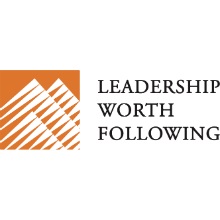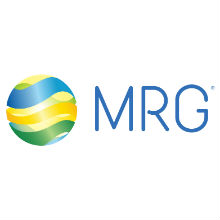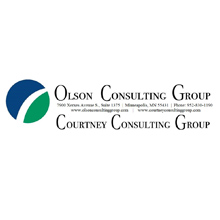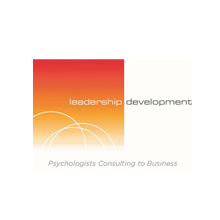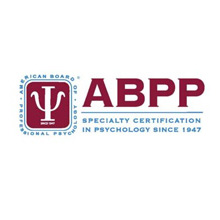The members of the Society of Consulting Psychology share a commitment to apply psychological insights for the success and fulfillment of individuals, groups, and organizations. The Society strives to be a strong intellectual and collegial community that is a source of valuable insights and useful resources, as we continuously expand the knowledge base of our profession.
Goals and Objectives
Society of Consulting Psychology members are contributing to the definition of consulting psychology and the methods used by consultants. Former CE Chair DeWayne Kurpius explained that consultation helps individuals and organizations “become more efficient and effective” (1978). Consultants develop a climate for interdependent problem-solving, or they share their expertise in solving a specific problem.
Later, Edgar Schein (1989) elaborated the process and systemic approach: “As the relationship between the consultant and organization evolves, the concept of who is the client comes gradually to be broadened so that the consultant may be working with individuals, groups, and organizational units at different times.”
- Stimulating the exchange of knowledge, ideas, and consulting experience among psychologists
- Encouraging high standards of consultation
- Promoting psychological research and professional development in the area of consulting
- Fostering cooperative relations with allied associations and with all APA divisions
- Supporting the advancement of consulting psychology as a science and profession
- Advancing multiculturalism, internationalism and diversity (e.g., ethnicity, race, disability status, age, sexual orientation, students, career stage, gender and international affiliates) in all matters within the Society, particularly as they relate to practice, training, and research in consulting psychology


